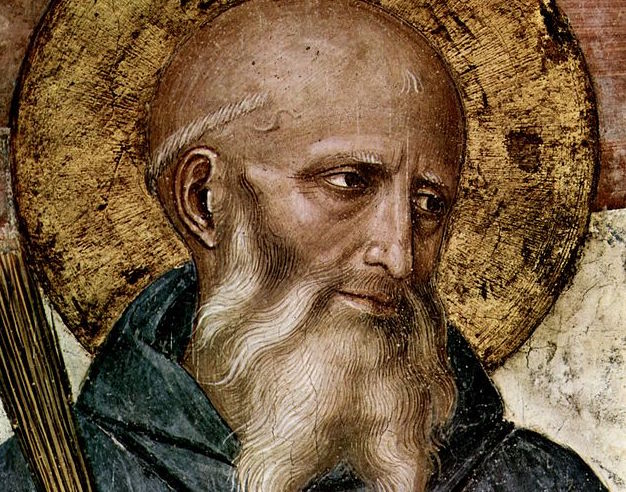Rod’s forthcoming book, The Benedict Option, is beginning to attract some considerable press attention. The Wall Street Journal has recently featured the book as part of a profile of the Clear Creek Catholics in rural Oklahoma. (I visited them last summer to attend a conference they held and was quite impressed by their hospitality and the amount of work a relatively small group of people have managed to do in a fairly short time.) Then yesterday the excellent religion reporter Emma Green reviewed the book for The Atlantic.
Login to read more
Sign in or create a free account to access Subscriber-only content.
Topics:
